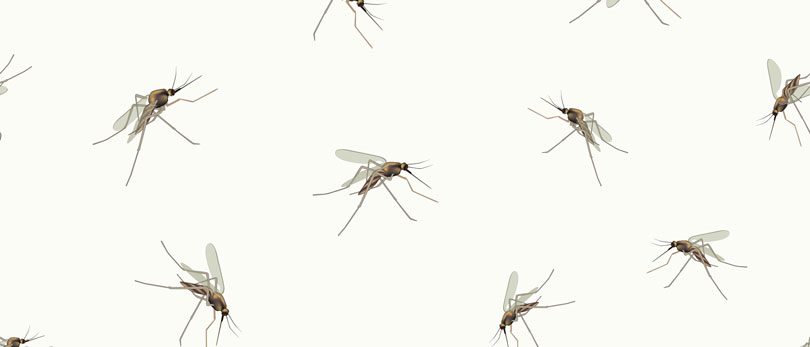SUN DAYS
The debate rages on: is sun exposure good or bad? On the one hand, sunlight helps the body produce vitamin D, which may protect against breast cancer, multiple sclerosis and colon cancer. On the other hand, prolonged sun exposure can lead to deadly skin cancers, such as melanoma. Excessive sun exposure also produces wrinkles, discolored skin splotches called mottled pigmentation, dilated small blood vessels under the skin and sagging skin.
All things considered, the consensus among most doctors is to avoid unprotected sun exposure and if your physician feels it’s necessary, rely on vitamin supplements for your daily 1,000 I.U. (international units) of vitamin D.
According to the American Cancer Society, remember this catchphrase to protect yourself from the sun’s dangerous ultraviolet (UV) rays: Slip! Slop! Slap!®… and Wrap.
- Slip on a shirt.
- Slop on sunscreen.
- Slap on a hat.
- Wrap on sunglasses to protect the eyes and sensitive skin around them.
Focusing on sunscreen, the recommendation is a broad-spectrum product with SPF of at least 30. You should really slather it on every day of the year, rain or shine. And when you’re playing outside in direct sunlight, remember – ‘water resistant’ does not mean ‘waterproof’ or ‘sweatproof,’ so reapply your sunscreen at least every two hours, and immediately after swimming or heavy sweating.
WHAT’S BUZZING?
Mosquitoes, and spiders, and ticks, oh my! These creepy pests can turn a lovely afternoon outdoors into a disaster, fraught with all manner of insect-borne illnesses. And some of these maladies are serious, such as West Nile virus from mosquitoes and Lyme disease from ticks.
There are, however, ways to protect yourself, beginning with a good insect repellant on all exposed skin. According to the American Academy of Pediatrics (AAP), use insect repellent with DEET to best prevent insect-related diseases. The CDC also recommends a product with 10 percent to 30 percent DEET for anyone older than 2 months of age. DEET has not been approved for children younger than 2 months.
The primary difference between DEET percentages applies to protection duration, with 10 percent DEET providing protection for about 2 hours and 30 percent protecting for about 5 hours.
Picaridin, now available in the U.S. in concentrations of 5 to 10 percent, is an alternative, although it’s a newer agent and has not yet undergone long-term testing for health risks. At this point, however, no risk factors are known.
In addition to applied bug repellants, experts recommend covering up with lightweight, light-colored clothing. You also want to avoid using scented soaps, perfumes or hairsprays before heading outdoors. Bugs are drawn to the scent. And it’s always a good idea to avoid areas where you know insects congregate, such as stagnant pools of water.
If you suspect a serious bug-bite reaction, seek medical attention immediately.







